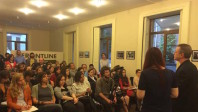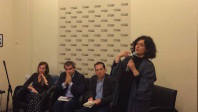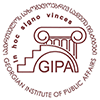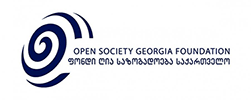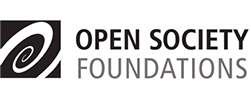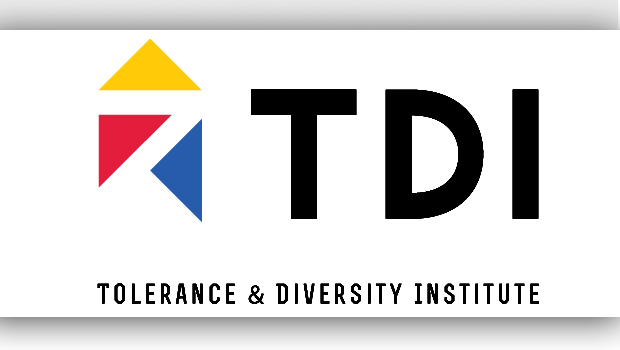
TDI held a presentation of the research “Study of Religious Discrimination and Constitutional Secularism”. The analysis of the legal framework and administrative practices for protection of religious freedom demonstrates, that there is a whole range of problems from the perspective of prevention of religious discrimination in the tax and customs legislation, basic and high education legislation, Law of Georgia on State Property, mandate of the State Agency of Religious Affairs and in the rule of compensation of damages inflicted by the Soviet Union.
However, the most acute problems posing religious minorities are emanated not by normative acts, per se, but the behavior of the public officials in different areas, be it construction permission process, enforcement of criminal or administrative justice on the facts of religiously-motivated offences or restitution of ownership on the property taken away in the Soviet period, particularly on religious buildings.
The analysis of the public statements covered by media, also demonstrates, that commenting on the important facts somehow related to religion or religious institutions, some politicians, state and public officials do not observe the principle of religious neutrality and provide biased evaluation of the situation, based on personal religious convictions or influenced by the mainstream religious conjuncture.
The findings indicate that the public officials often undertake discriminatory policy towards the religious minorities at the demand of majority, which takes form of flagrant violation of religious organization and preferential treatment towards the Georgian Apostolic Autocephalous Orthodox Church.
Thus, the religious organizations in Georgia have no possibility to enjoy the equal rights provided by the legislation of Georgia. The present situation poses a challenge to all the branches of Government of Georgia, particularly the Prosecutor’s Office and the Judiciary to focus on the possible motive of religious intolerance of public officials or any other person, when dealing with the cases affecting the interests of religious minorities, to scrutinize strictly and prevent effectively religiously motivated offences, particularly facts of abuse or misuse of public authority motivated by religious intolerance.
This is a must for secular development of Georgia, for fostering the tolerant environment and safeguarding the equality for religious organizations.
The project was implemented by the Tolerance and Diversity Institute (TDI) in the framework of The East-West Management Institute’s (EWMI) Policy, Advocacy, and Civil Society Development in Georgia (G-PAC) Program, funded by United States Agency for International Development (USAID). The project is made possible by the generous support of the American people through the USAID.




